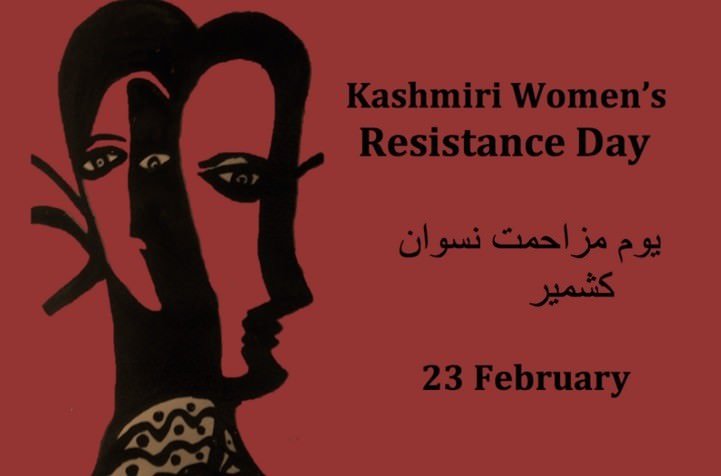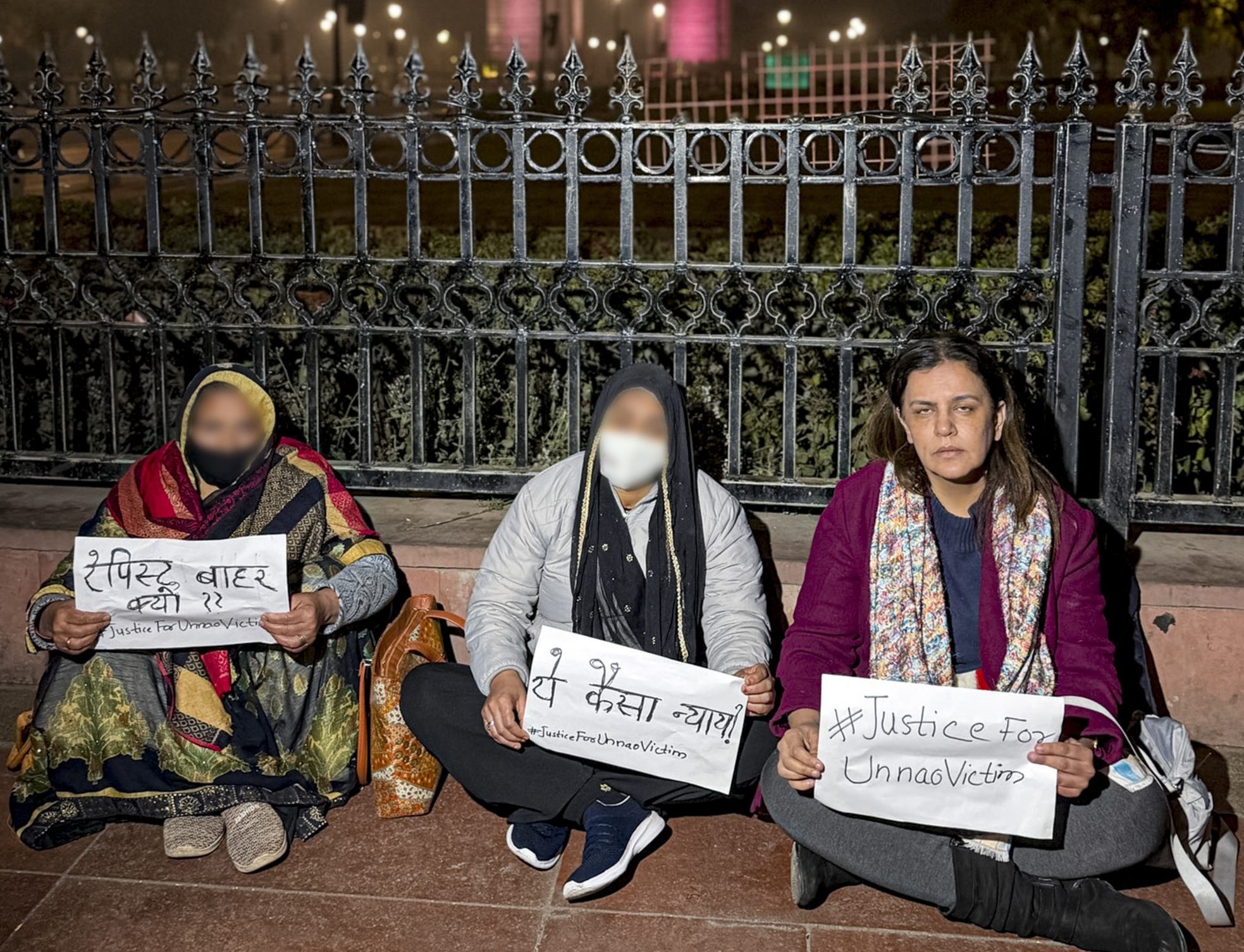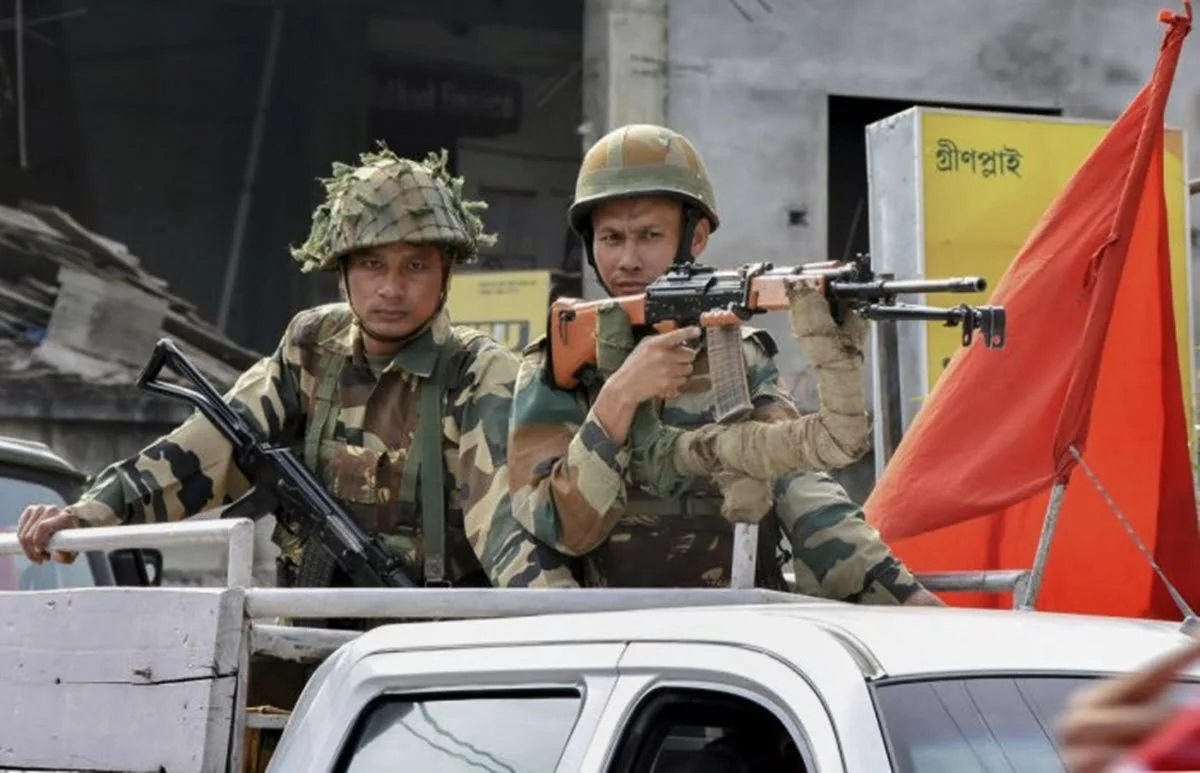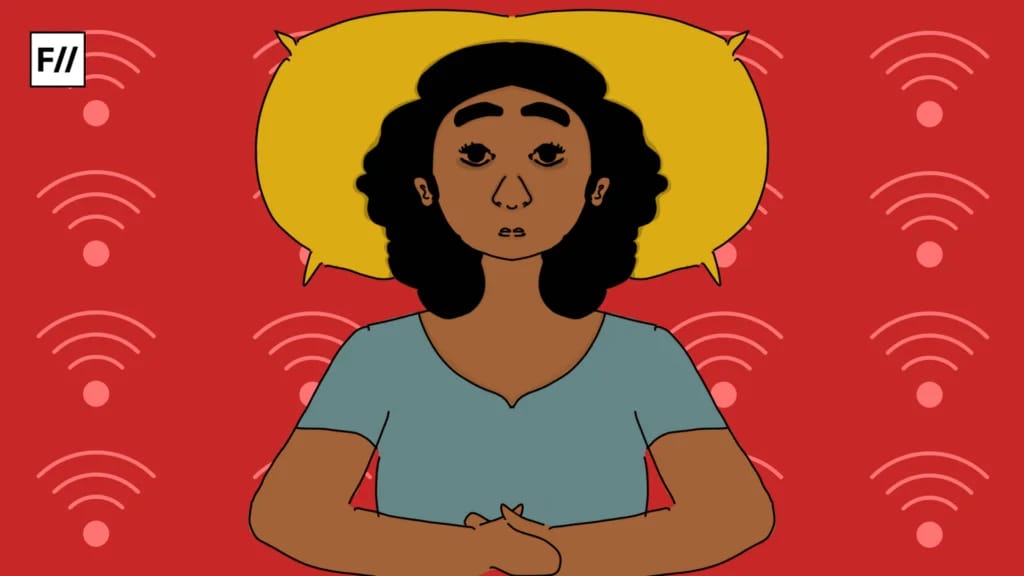25 years ago, on 23rd February 1991, soldiers of the Fourth Raj Rifles, the most senior rifle regiment of the Indian Army, launched a search and interrogation operation in the village of Kunan Poshpora, located in Kashmir’s remote Kupwara District. In the disguise of a search operation, the soldiers separated the men from the women. While men were dragged out of their homes at gunpoint and taken to military camps, over the next few hours the soldiers raped at least 23 women in their own homes – the actual numbers still remain unclear.
What unfolded next is one of the biggest human rights violation backed by the Indian state. Calling the allegations as “baseless“, the Indian state rejected them and the accused were never prosecuted.
A further investigation by the Press Council of India, led by journalist B.G. Verghese, also did not promise any justice for the survivors of this brutal sexual assault. The team concluded that the charges against the army were, “well-concocted bundle of fabricated lies” and “a massive hoax orchestrated by militant groups and their sympathizers and mentors in Kashmir and abroad…for reinscribing Kashmir on the international agenda as a human rights issue.”
“The Kunan rape story on close investigation turns out to be a massive hoax orchestrated by militant groups and their sympathizers and mentors in Kashmir and abroad as a part of sustained and cleverly contrived strategy of psychological warfare and as an entry point for reinscribing Kashmir on the International Agenda as a Human rights issue. The loose-ends and the contradictions in the story expose a tissue of lies by many persons at many levels”. – Investigation Committee
The manner in which the investigation was carried out by the Press Council of India and how it was casually dismissed came under massive criticism from human rights organizations and others, both national and international for having sought to whitewash the incident. Human Rights Watch said, “While the results of the examinations by themselves could not prove the charges of rape, they raised serious questions about the army’s actions in Kunan Poshpora. Under the circumstances, the committee’s eagerness to dismiss any evidence that might contradict the government’s version of events is deeply disturbing. In the end, the committee has revealed itself to be far more concerned about countering domestic and international criticism than about uncovering the truth.”
Now, five young Kashmiri women activists Samreen Mushtaq, Ifrah Butt, Essar Batool, Natasha Rather and Munaza Rashid have co-authored a book titled ‘Do you Remember Kunan-Poshpora?‘ published by Zubaan Books, reopening the case and documenting the legal struggle faced by the survivors. In 2013, a group of teachers, students, journalists, human rights workers, lawyers, and other professionals filed a public interest litigation (PIL) before the Jammu and Kashmir High Court seeking to reopen the Kunan Poshpora case.
“When the army men entered, I saw they had zips of their pants already opened and they had clearly come with the intention of raping us,” one of the survivors is quoted as saying in ‘Do you remember Kunan Poshpora?’.
Planned sexual assaults on women by the state have been historically deployed as a weapon of war waged upon communities to marginalize them further and sap their will to resist domination, says a statement by the Women Against Sexual Violence and State Repression. The same treatment is meted out to women in the North East who have been targeted by the state for the sexual assault such as Manorama Devi and to Adivasi women by the state and forest department all over India. State sponsored ‘riots’ such as in Gujarat in 2002 and Muzaffarnagar in 2013 have used rape as a weapon of terrorizing Muslim women; while in Kandhamal and Jhabua Christian women were raped and terrorized. The rapes of dalit women as in Bhanwari Devi and in Khairlanji and the massacres of dalit communities in Keelvenmani, Tsunduru, Karamchedu, Lakshimpeta, Bathani Tola, Shankar Bigha, Laxmanpur Bathe have been denied entirely by the Courts of this land acting in the interests of Manuvadi caste Hindu forces. Every woman in this country, especially women belonging to marginalized communities resisting caste-class-gender-region-
The statement continues to condemn the recent chemical attack on Soni Sori and see it as a vindictive retribution for her fight for justice against the rape and humiliation of several Adivasi women over the last few months in Sukma and Bijapur in Chattisgarh – as part of a continued Operation Green Hunt by the state with the ‘Samajik Ekta Manch’, a new version of the Salwa Judum. The IG Police of Bastar, SP Kalluri, is himself implicated in the rape of an Adivasi woman when he was the SP of Sarguja district. Women activists, journalists and lawyers, including lawyers working with the Jagdalpur Legal Aid Group, who have documented and provided legal representation for several Adivasis targeted by the state have also been hounded and forced to leave Jagdalpur, Chattisgarh. In 2013, Soni Sori was brutally raped and assaulted while in police custody by Ankit Garg, SP of Dantewada. He was later given a bravery medal by the State.
25 years on, the Kunan Poshpora rape survivors are still waiting for justice. They have also filed a petition before the High Court seeking an investigation, which so far has shockingly not taken place. This will be the third consecutive year of commemorating the date as Kashmiri Women’s Day of Resistance. It is the responsibility of every Indian citizen to protest against acts of war committed by its government on Kashmiris in the name of the nation.
Also read: Book Review: Do You Remember Kunan Poshpora?
Featured Image Credit: Kashmiri Women’s Resistance Day | Jammu Kashmir Coalition of Civil Society
About the author(s)
Japleen smashes the patriarchy for a living! She is the founder-CEO of Feminism in India, an award-winning digital, bilingual, intersectional feminist media platform. She is also an Acumen Fellow, a TEDx speaker and a UN World Summit Young Innovator. Japleen likes to garden, travel, swim and cycle.




